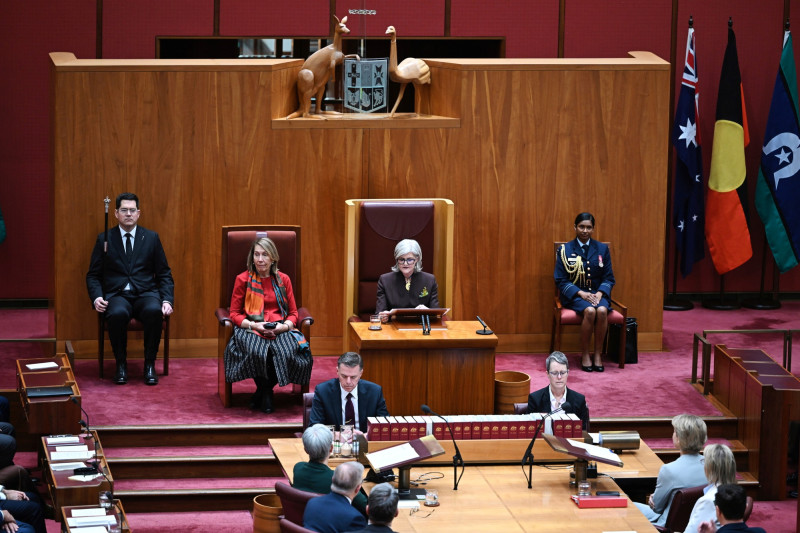Why does Australia have a Governor-General as part of its parliament?
Thanks for your question, Vincenzo.
The very short answer is because it’s in the Australian Constitution!
When the 6 self-governing British colonies decided to federate – unite – in 1901, the new Commonwealth of Australia received a set of rules for how it would be governed. This ‘rule-book’ is the Australian Constitution. The first chapter covers the Australian Parliament and the Governor-General.
Section 1 of the Constitution states there will be an Australian Parliament with law-making power and that it will be made up of the King, a Senate and a House of Representatives.
Section 2 then says there will be a Governor-General appointed by the King to be His Majesty’s representative, and exercise all the powers and functions of the King.
This means that to make or change a law for Australia, a bill – proposed law – must be agreed to by all 3 parts of the Parliament, including the Governor-General as the King's representative.
The Governor-General delivers a speech at the opening of a new Parliament

Belinda Hogg/DPS Auspic
Description
The Governor-General gives a speech in the Senate at the opening of a new Parliament. There is a raised platform where the Governor-General sits in a large wooden chair speaking into a microphone. The President of the Senate is sitting in a high backed chair to the right of the Governor-General. Senators, members of the House of Representatives and officials sit nearby watching.
Permission should be sought from DPS AUSPIC for third-party or commercial uses of this image. To contact DPS AUSPIC email: auspic@aph.gov.au or phone: 02 6277 3342.